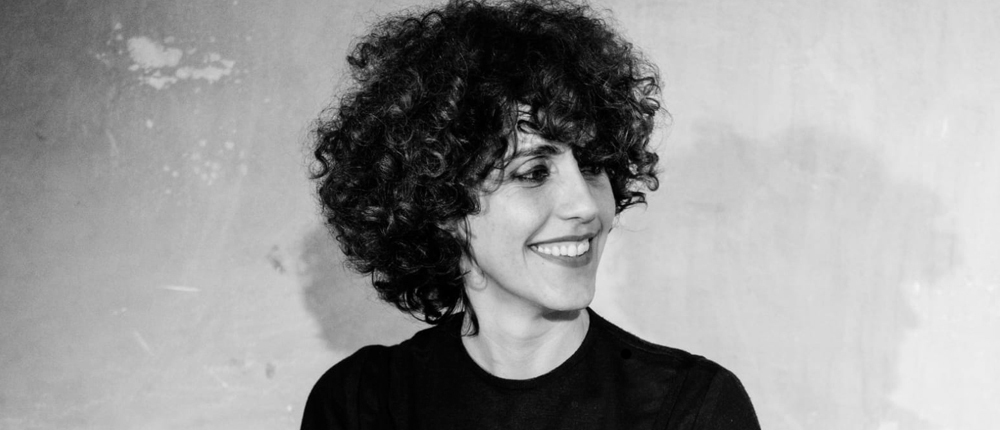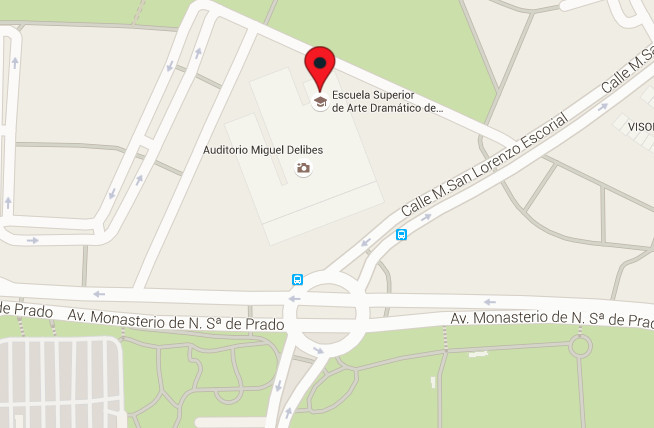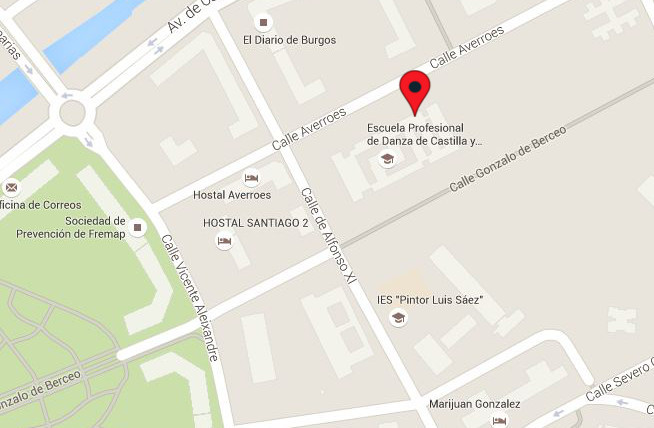Judith Pujol
 Creative performer, teacher, and artistic coordinator of the Teatro Español de Madrid
Creative performer, teacher, and artistic coordinator of the Teatro Español de Madrid
A creative performer with degrees in History of Art (University of Barcelona) and Dramatic Arts specialising in Direction and Dramaturgy (Institut del Teatre de Barcelona), in addition to a Masters Degree in Stage Practice and Visual Culture from UCLM (University of Castilla-la Mancha), Judith Pujol combines direction and dramaturgy with teaching and management, and is currently artistic coordinator of the Teatro Español de Madrid. Co-founder of the Obskené Company, Pujol has premiered País sense Paraules by Dea Loher, Hamlet és mort, no hi ha força de gravetat by Edwald Palmesthofer and, together with Albert Boronat, De carenes al cel and Este no es un lugar adecuado para morir. She has participated in creative processes with Tamar Guimaraes, Les Impuxibles and Teatro Ojo. As assistant director to Carme Portaceli, Pujol has staged productions including Alberto Conejero's version of Troyanas and El Presidente by Thomas Bernhard.
Abierta la convocatoria 2019 para participar en los concursos ‘Desafío Universidad Empresa’ e ‘Iniciativa Campus Emprendedor’ nota de prensa
Estudiantes, egresados e investigadores de las universidades de Burgos, León, Salamanca, Valladolid y UEMC, premiados en los concursos ‘Desafío Universidad-Empresa’ e ‘Iniciativa Campus Emprendedor’ nota de prensa
 English
English
 Español
Español 



